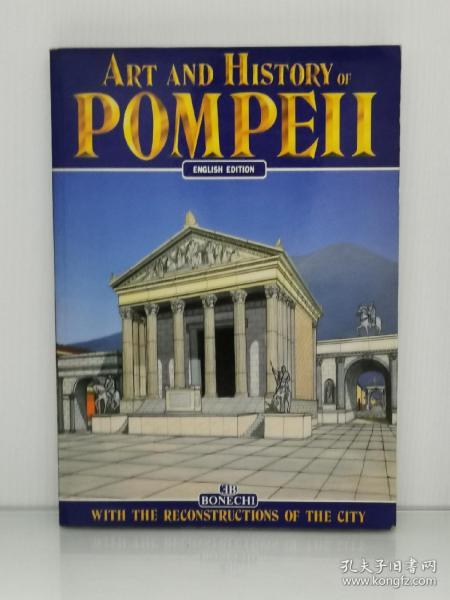Exploring the Rich Tapestry of English Literary History Through Magazines
English literary history is a vibrant tapestry woven with the threads of diverse cultures, epochs, and literary movements. Magazines serve as invaluable repositories of this rich heritage, capturing the essence of literary epochs and providing insights into the evolution of English literature. Let's delve into the significance of English literary history magazines and how they illuminate the past while inspiring future literary endeavors.
The Historical Significance of English Literary Magazines:
English literary magazines stand as witnesses to the evolution of literature over centuries. From the early pamphlets of the Renaissance to modern digital platforms, these publications have chronicled the shifting landscapes of English literature, reflecting the societal, cultural, and intellectual currents of their times.
Exploring Key Periods Through Literary Magazines:
1.
The Renaissance and Early Modern Periods:
Magazines of this era, such as "The Tatler" and "The Spectator," provided a platform for literary luminaries like Addison and Steele to showcase their essays and satirical writings, shaping the literary tastes of the burgeoning middle class.
2.
The Romantic Era:
Magazines like "The Monthly Review" and "The Edinburgh Review" played a pivotal role in promoting the works of Romantic poets such as Wordsworth, Coleridge, and Byron. These publications fueled the Romantic movement by disseminating radical ideas and challenging literary conventions.
3.
The Victorian Age:
Periodicals like "The Strand Magazine" and "The Yellow Book" flourished during the Victorian era, offering a diverse range of fiction, poetry, and illustrations. These magazines reflected the social concerns and moral dilemmas of the Victorian society while showcasing the literary prowess of writers like Dickens, Tennyson, and Wilde.

4.
The Modernist Movement:
Literary magazines such as "The Little Review" and "The Dial" served as incubators for modernist experimentation, publishing groundbreaking works by writers like James Joyce, T.S. Eliot, and Virginia Woolf. These publications challenged traditional narrative forms and pushed the boundaries of literary expression.
5.
Contemporary Literary Landscape:
In the digital age, literary magazines like "Granta" and "The Paris Review" continue to shape the contemporary literary landscape, offering a platform for emerging writers alongside established voices. These publications embrace diverse perspectives and genres, reflecting the complexities of our globalized world.
The Role of Literary Magazines in Preserving Cultural Heritage:
English literary magazines not only document the evolution of literature but also preserve cultural heritage by showcasing the voices of marginalized communities and underrepresented writers. Magazines dedicated to diasporic literature, such as "Wasafiri" and "Kaieteur News," amplify diverse narratives and foster crosscultural dialogue, enriching the tapestry of English literature with vibrant hues of multiculturalism.
Guiding Future Literary Endeavors:
As aspiring writers navigate the labyrinth of literary aspirations, English literary magazines serve as beacons of inspiration and opportunity. Submitting works to reputable literary journals provides emerging writers with exposure, feedback, and validation, paving the way for literary recognition and career advancement. Moreover, engaging with the rich legacy of literary magazines cultivates a deeper appreciation for the craft of writing and encourages writers to contribute to the ongoing conversation within the literary community.
Conclusion:
English literary history magazines serve as portals to the past, illuminating the trajectory of English literature through the ages. From the quills of Shakespearean sonnets to the pixels of contemporary digital platforms, these magazines have borne witness to the triumphs and tribulations of literary expression. As custodians of cultural heritage and catalysts for creative exploration, literary magazines continue to inspire and shape the future of English literature, ensuring that the legacy of literary excellence endures for generations to come.











